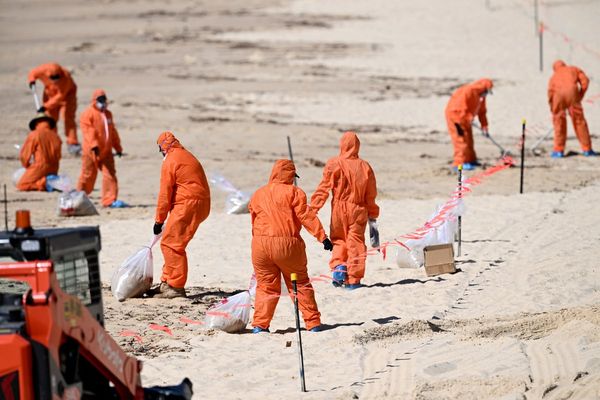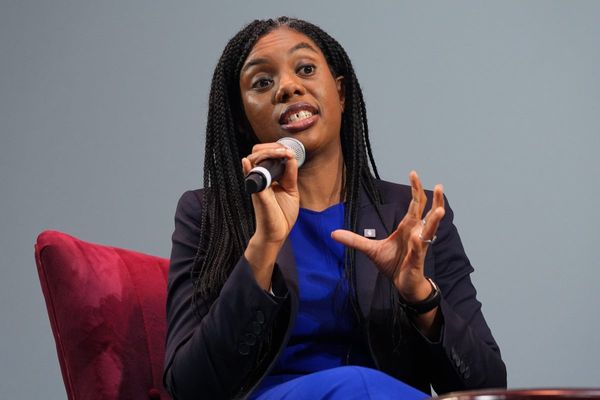
The European Union is divided on how to help poorer nations fight a growing food crisis and address shortages of fertilisers caused by the war in Ukraine, with some fearing a plan to invest in plants in Africa would clash with EU green goals.
Russia's invasion of Ukraine has prompted a global food crisis and fears of worse to come because of a drop in grain exports from Ukraine and a spike in prices of chemical fertilisers, of which Russia and Belarus are major producers.
The EU has for weeks tried to help its poorer neighbours in Africa and the Middle East to weather the crisis by offering them fresh funds, while trying to convince them EU sanctions against Moscow and Minsk are not to be blamed for the food emergency.
At a summit of EU leaders later this week, the EU was planning a new initiative that would structurally decrease poorer nations' reliance on Russian fertilisers by helping them develop their own fertiliser plants.
But at a meeting with EU envoys last week, the EU Commission explicitly opposed the text, warning that supporting fertiliser production in developing nations would be inconsistent with the EU energy and environment policies, officials said.
The production of chemical fertilisers has a big impact on the environment and requires large amounts of energy. However they are crucially effective in boosting agriculture output.
Draft conclusions of the June 23-24 summit, seen by Reuters, urge the EU executive commission to devise a plan "to support the development of fertiliser manufacturing capacity and alternatives in developing countries".
The text, dated June 15 and prepared by the aides of European Council President Charles Michel, is to be discussed and likely tweaked at a meeting of EU ambassadors late on Monday, officials said.
The Commission urged governments to change the text and refer only to a plan to promote alternatives to fertilisers or a more efficient use of fertilisers, officials said. The Commission had no immediate comment on the matter.
(Reporting by Francesco Guarascio @fraguarascio; Additional reporting by Jan Strupczewski; Editing by Jan Harvey)







